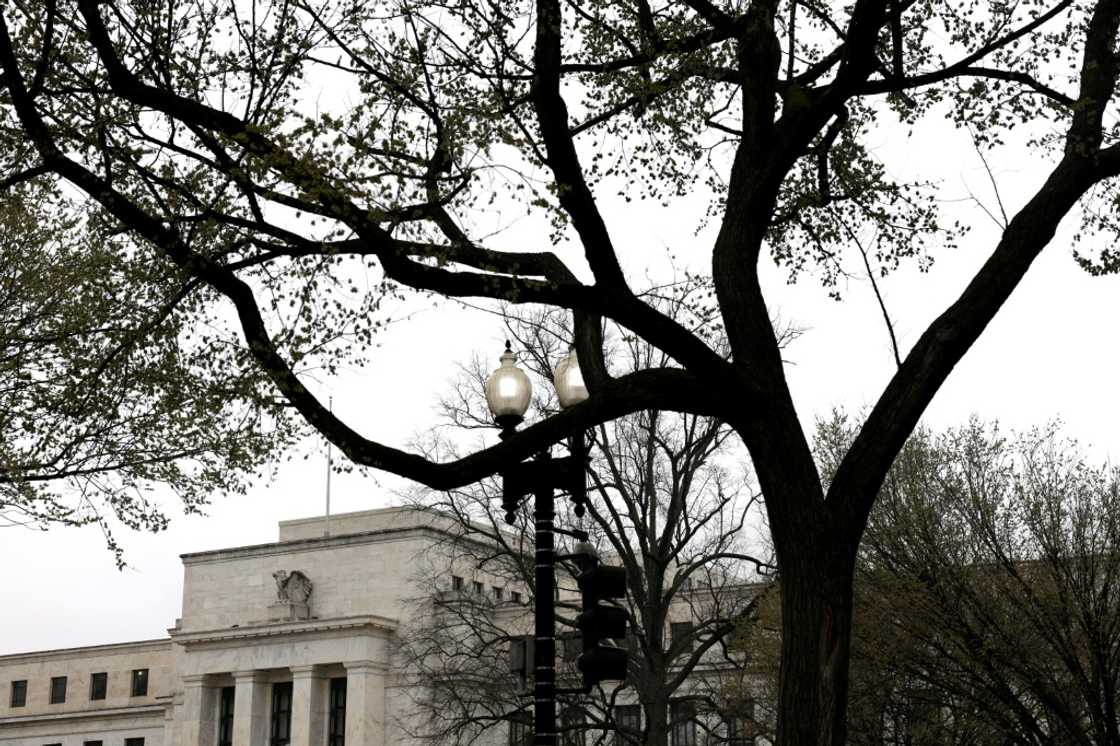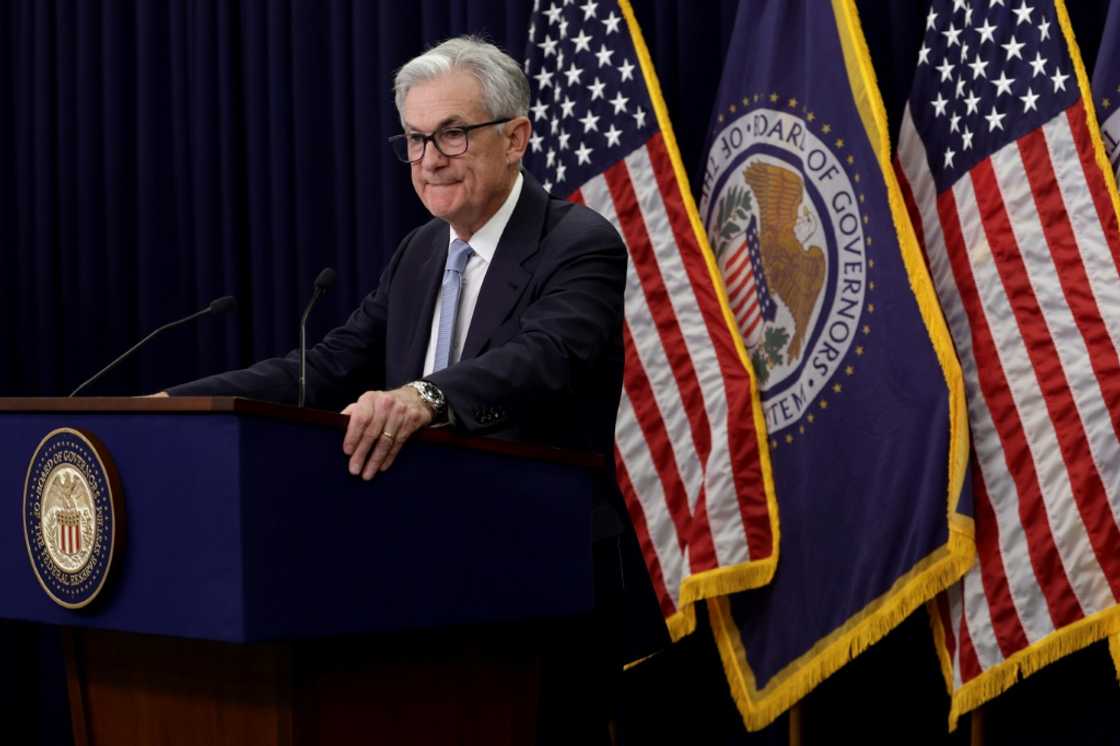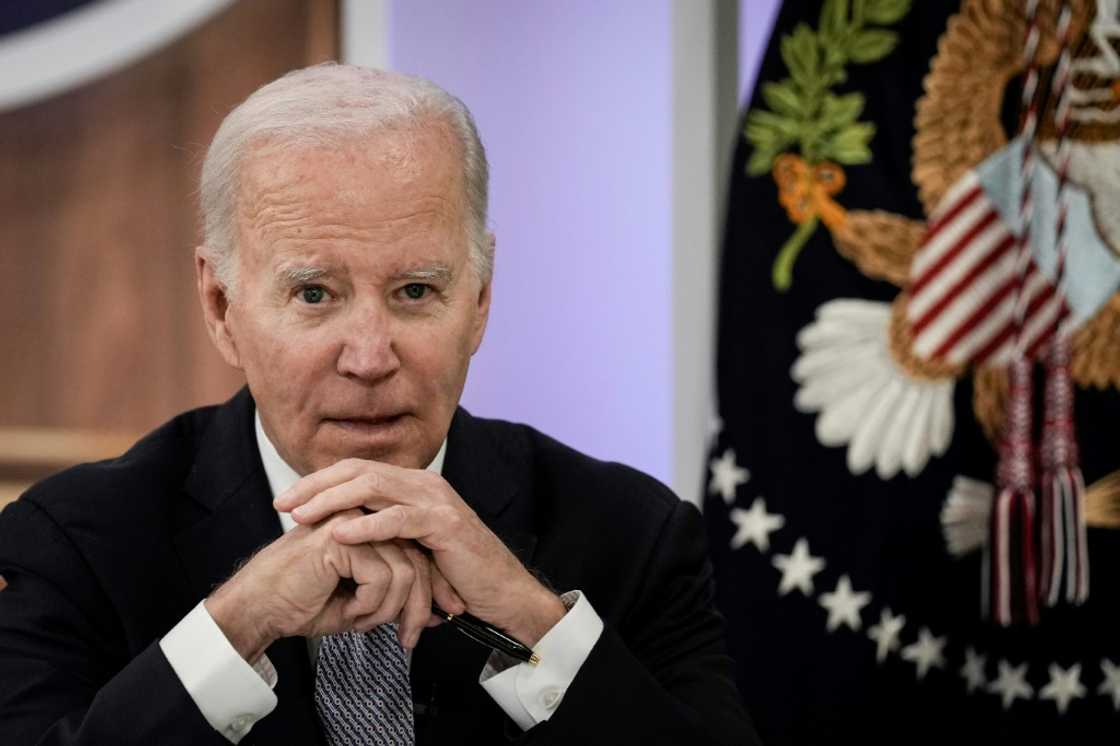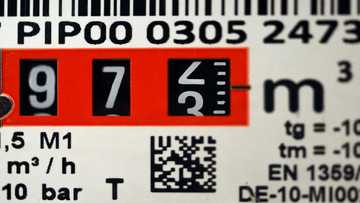US Fed expected to hike again despite signs of slowing economy

Source: AFP
PAY ATTENTION: Enjoy reading our stories? Join YEN.com.gh's Telegram channel for more!
The US Federal Reserve is widely expected to raise its benchmark lending rate for a tenth -- and possibly final -- time on Wednesday, as it continues its fight against high inflation.
The US central bank is likely to take this decision despite growing signs that the American economy is slowing down, with many economists predicting the US will enter a mild recession later this year.
Analysts and traders expect the Fed to hike interest rates by 25 basis points and then hold them high in a bid to bring inflation back towards its long-term target of two percent without spurring a deeper, more painful recession.
"We expect the Fed to hike by 25bp next week and signal a pause in June, with a weak upward bias for rates going forward," Bank of America economists wrote in a note to clients on Friday.

Source: AFP
PAY ATTENTION: Сheck out news that is picked exactly for YOU ➡️ click on “Recommended for you” and enjoy!
A further rate hike Wednesday would mark the Fed's tenth rate hike in a row, bringing the benchmark to between 5 and 5.25 percent -- its highest level since 2007.
More than 80 percent of futures traders also expect the Fed to raise interest rates by another 25 basis points, according to data from CME Group.
Banking turbulence
The meeting of the rate-setting Federal Open Markets Committee (FOMC) on May 2 and 3 will be held under very different circumstances than its previous one in March, which took place amid a short, sharp, banking crisis unleashed by the rapid collapse of Silicon Valley Bank (SVB) a few days earlier.
SVB's swift demise after it took on excessive interest-rate risk raised concerns of banking contagion, which were amplified by the collapse of New York-based Signature Bank a few days later.

Source: AFP
Against the backdrop of ongoing turbulence in the banking sector, the Fed held off a larger rate hike on March 22, instead opting for a quarter-point rise.
Concerted efforts by US and European regulators in the aftermath of SVB's collapse helped calm financial markets and appear to have prevented further high-profile casualties in the banking sector.
"With stress in credit markets easing, Fed officials look set to push ahead with a 25bp rate hike at the early-May meeting," Oxford Economics' lead US economist Michael Pearce wrote in a recent note to clients.
But despite calmer financial markets, SVB's collapse has nevertheless had a lasting impact on the banking sector, with banks tightening lending conditions in the weeks since.
Fed officials have noted that the tighter lending conditions could act like an additional rate hike, possibly reducing the number of hikes necessary to bring inflation back down to two percent.
Fed governor Christopher Waller said in mid-April that "a significant tightening of credit conditions could obviate the need for some additional monetary policy tightening."
But he cautioned against "making such a judgment" before good data on the effect of the financial turmoil and bank lending was published.
US regulators admitted on Friday that there was more they could have done to prevent the collapse of both SVB and Signature Bank; the Fed also called for tougher banking rules going forward.
One and done?

Source: AFP
Recent US economic data point to a slowing economy, with growing predictions that the US will enter a recession later this year.
Data released in late April showed that economic output slowed to an annual rate of 1.1 percent in the first quarter of this year, while the Fed's favored measure of inflation fell to an annual rate of 4.2 percent in March, down from 5.1 percent a month earlier.
The growing impact of the Fed's campaign of rate hikes on the economy has led analysts and traders to predict the Fed will likely stop raising rates after the decision on Wednesday.
With the quarter-point rise widely expected, the focus next week will instead "be on any changes to the guidance language in the statement," from the Fed, Deutsche Bank economists wrote in a recent note to clients.
"While our base case remains that the May hike will be the last of this cycle as the economy responds to the tightening to date, we see risks tilted toward another increase in June," they said in the note.
Fed Chair Jerome Powell suggested after the March interest-rate decision that the Fed could raise rates just once more before bringing its current hiking cycle to an end.
His comments supported the median projection of interest rates for 2023 by FOMC officials.
Minutes of the March FOMC meeting said that the Fed was predicting the US will enter a mild recession later this year when it decided to hike interest rates.
The extent of the recession could depend on how much further the Fed decides to raise interest rates, KPMG senior economist Kenneth Kim wrote in a recent note to clients.
"Any further rate hikes beyond May risk a deeper recession than the mild downturn we currently foresee," he said.
New feature: Сheck out news that is picked for YOU ➡️ click on “Recommended for you” and enjoy!
Source: AFP





